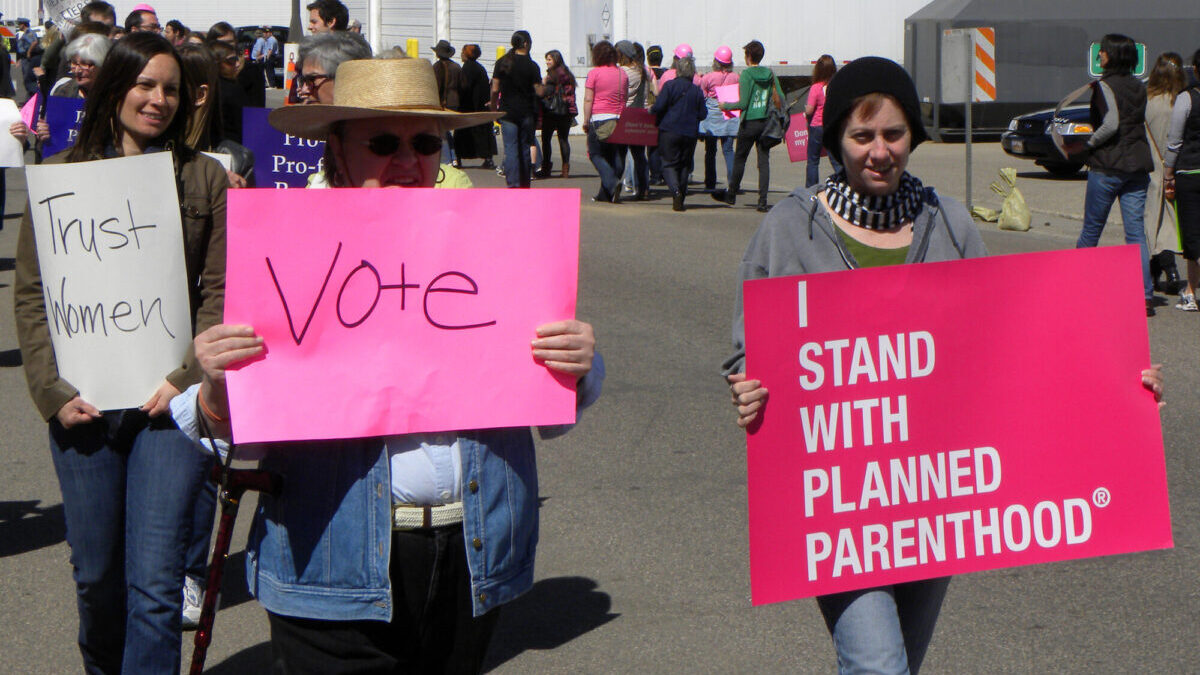Pop singer Halsey recently made headlines by claiming that abortion saved her life following three miscarriages. This is supposedly a problem in the wake of the U.S. Supreme Court decision overturning Roe v. Wade. But the real problem is this: What saved her life wasn’t an abortion, because, as most people understand, abortion only involves the killing of a live baby.
The dilation and curettage (D&C) procedure Halsey received following her miscarriages is just as obtainable for that purpose today in all 50 states as it was before. Surely, the media and the abortion lobby both know this, but that hasn’t stopped them from engaging in relentless fearmongering for the sake of their social and political agendas since the U.S. Supreme Court issued its opinion in Dobbs v. Jackson Women’s Health Organization on June 24.
That, in turn, has resulted in speculation on social media that has mounted to hysteria about the fate of women’s health care. In truth, the notion that women will no longer receive adequate care for miscarriages and ectopic pregnancies in states that limit abortions is a myth.
In a miscarriage, the unborn child is no longer living; a procedure to complete a miscarriage therefore does not terminate a pregnancy or end a life in the womb. So, treatments for miscarriage — and any possible side effects, including sepsis — would never fall under the definition of abortion. Again, an abortion procedure is one with the sole intent to produce a dead baby.
Medical experts and lawmakers agree that laws protecting the lives of the unborn from abortion do not in any way prevent pregnant women from receiving life-saving care. The abortion laws of every single state have an exception for medical emergencies to save the life of the mother.
Ectopic pregnancy, for example, is one of those exceptions: It’s a life-threatening condition in which an embryo has implanted outside the uterus and so won’t survive. Because ectopic pregnancies are considered medical emergencies, under all existing state laws — even those with the most rigorous protections for the unborn — women have access to the health care they need.
Treatment for Ectopic Pregnancies Isn’t Abortion
Planned Parenthood itself has long recognized that treatment for ectopic pregnancy, although it results in terminating the pregnancy, is not an abortion. Its website says explicitly, “Treating an ectopic pregnancy isn’t the same thing as getting an abortion…. The medical procedures for abortions are not the same as the medical procedures for an ectopic pregnancy.”
Dr. Christina Francis, a board-certified obstetrician-gynecologist, clarifies why in an Instagram video.
“Treating ectopic pregnancies or miscarriages or life-threatening conditions in pregnancy is not the same thing as an abortion,” she says, adding that, within medicine — particularly pro-life medicine — the distinction is crucial. “That’s because the only intent of an abortion is to produce a dead baby,” she says. “That’s not the intent when we intervene to save a woman’s life if she has a ruptured ectopic pregnancy or she’s going through a miscarriage.”
“As a pro-life ob-gyn who’s practiced my entire career in hospitals that did not do abortions, I have never been prevented from being able to provide excellent health care to my patients and take care of these kinds of conditions in pregnancy,” says Dr. Francis in her video.
Pregnant moms know that suffering a miscarriage is different from choosing to abort your baby. And everyone from Planned Parenthood to pro-life doctors knows that providing life-saving care in a medical emergency is not the same thing as aborting a baby. In both cases, the intent is to treat the mother, not end the baby’s life.
Stop the Lies
As we all figure out the landscape of a post-Roe America, it’s harmful to lie to women about the care available to them in an emergency. State officials and physicians alike agree that pregnancy emergencies are not abortions, and treatment for them should never be restricted.
Media figures like Halsey and other abortion advocates who peddle this claim are playing on the fears of women, and they should be called out for it, especially since it is the modus operandi of many in the pro-abortion lobby. What our nation needs, now that states can at last determine their own policies on abortion, is a factually grounded conversation about women’s health care. Abortion was never health care, and that should be more clear than ever.









